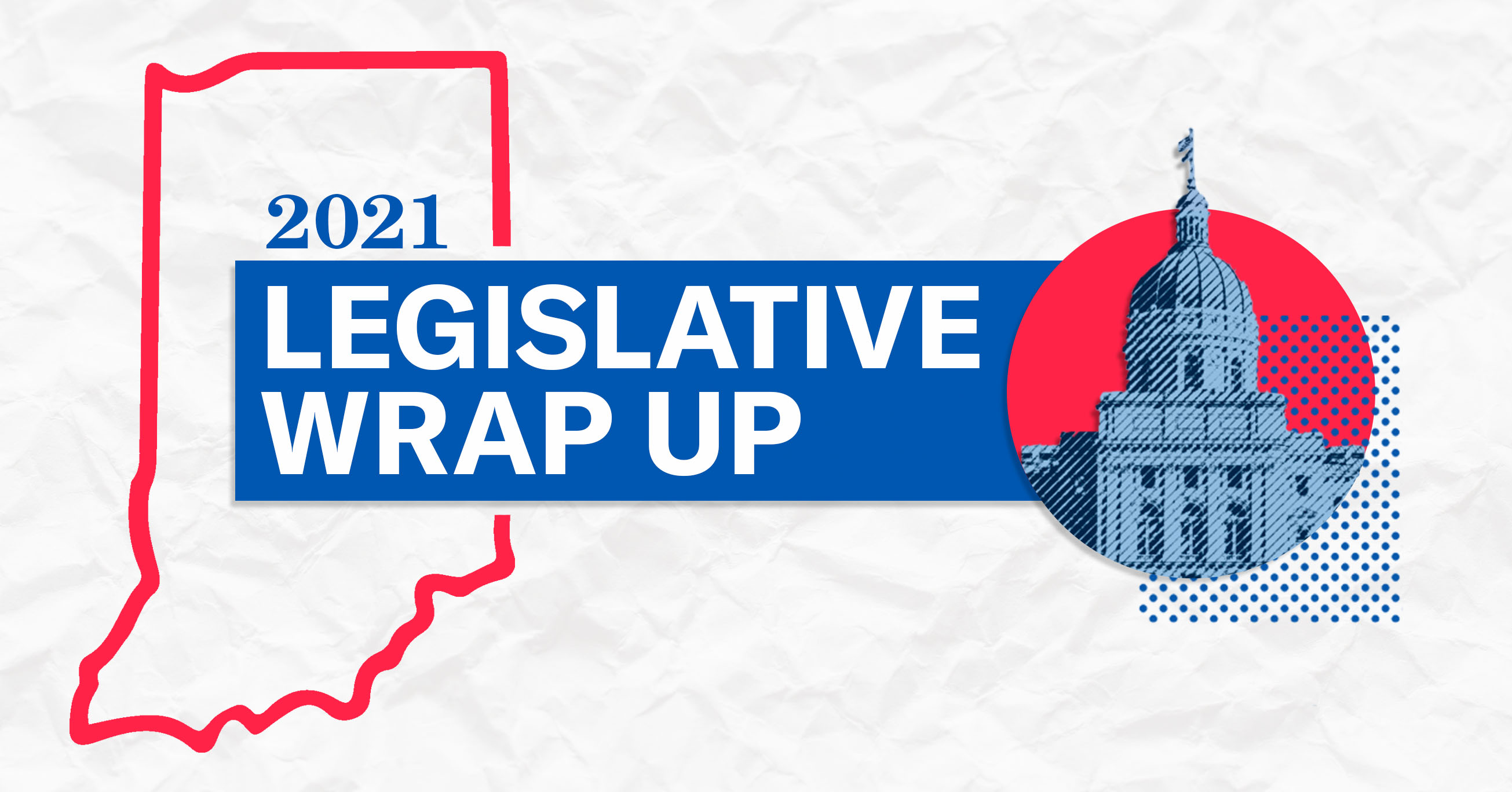Date
Tuesday, May 18, 2021 - 11:00amMenu parent dynamic listing
Show PDF in viewer on page
Style
Standard with sidebar
After a year of national crises including the COVID pandemic, voting hurdles in one of the most critical elections in our Nation’s history, and highly visible cases of police brutality followed by mass protests, many Indiana legislators came in to the 2021 session ready to strip Hoosiers of their rights rather than defend them. We saw several highs and lows, including multiple pieces of legislation that were introduced in direct rebuttal to the outcries for racial justice we saw last summer. With your help, we were able to defeat a number of those bills.
